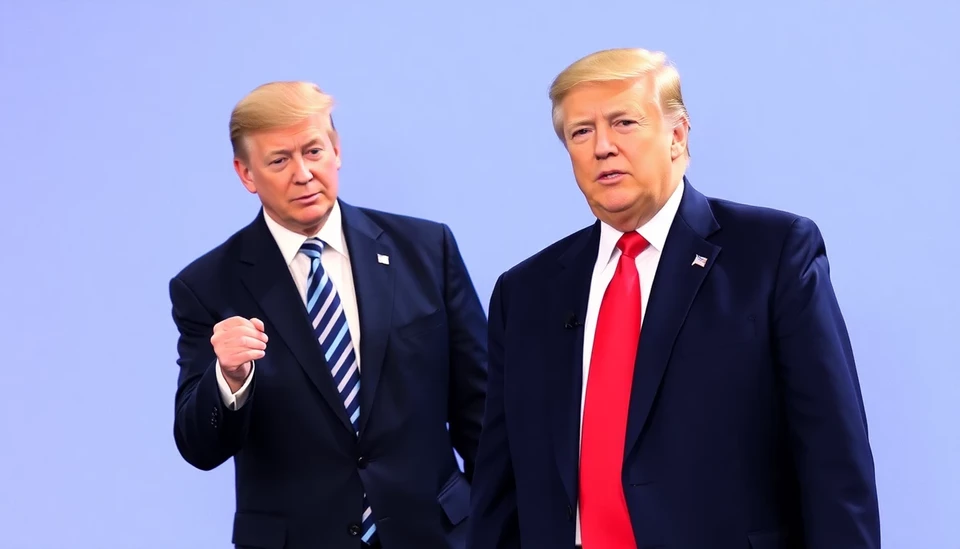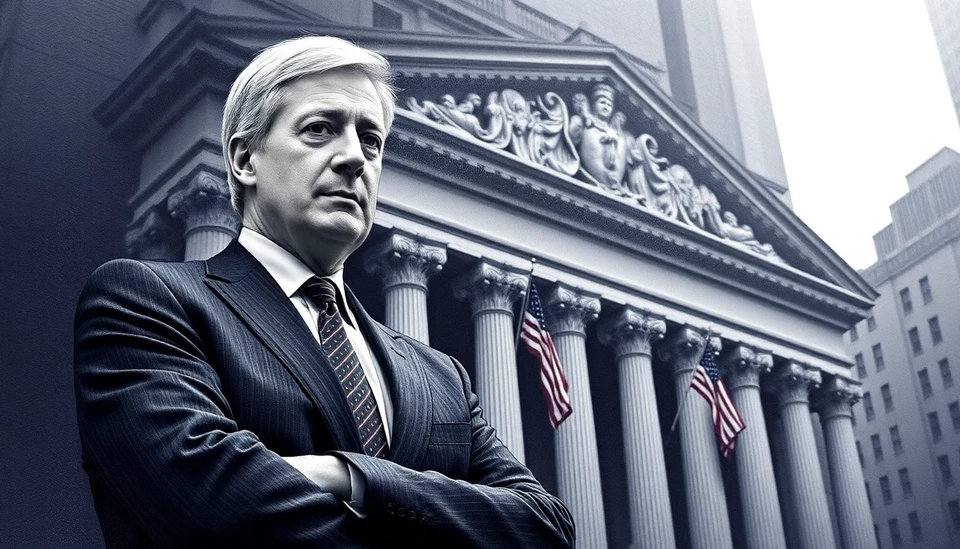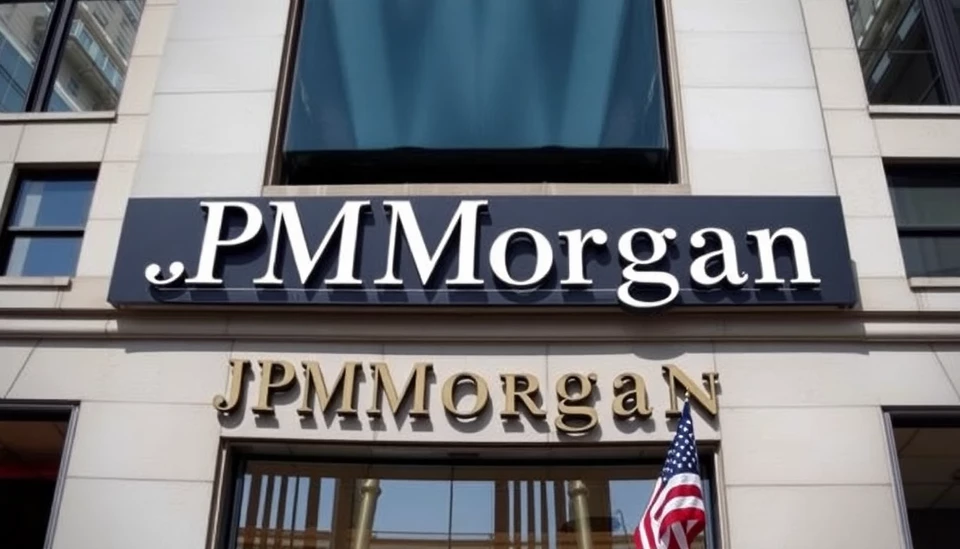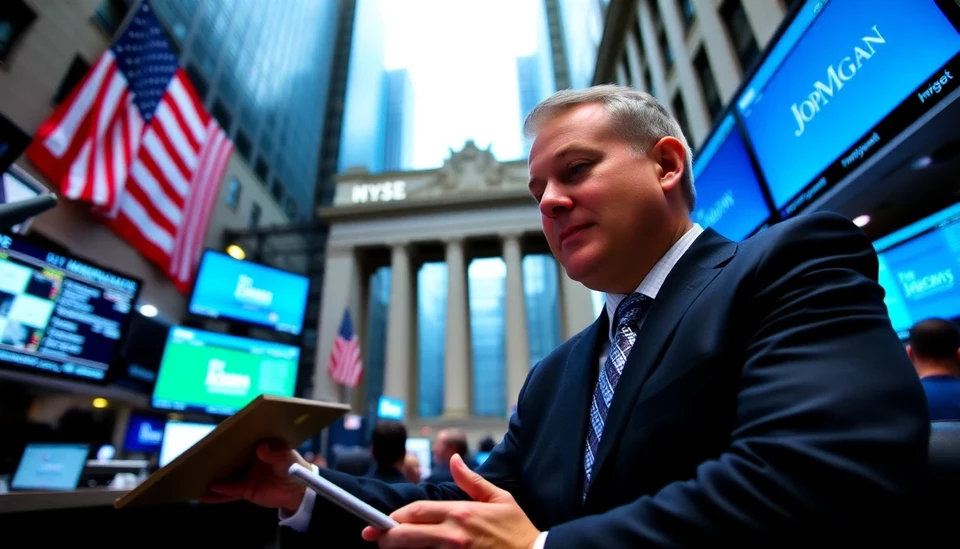
In a calculated move indicative of the financial sector's responsiveness to political dynamics, JPMorgan Chase has established a specialized team, often referred to as a "war room," tasked with scrutinizing and strategizing in response to the developments from the early period of Donald Trump's presidency. This initiative comes amidst growing concerns over the prospective implications of Trump's policies on the economy and market stability.
The Wall Street giant is focused on dissecting key decisions and actions taken in the initial days and weeks of Trump's tenure. By examining this crucial timeline, the team aims to glean insights that could inform risk management and investment strategies moving forward. As financial markets have historically reacted strongly to presidential policies, JPMorgan seeks to position itself advantageously in anticipation of potential market movements.
Insider sources have indicated that the bank's approach involves an extensive review of the legislative and executive orders signed by Trump, alongside an assessment of the overall economic climate during this period. Trump's presidency, marked by its controversial nature and rapid changes, creates both opportunities and risks for investors, and JPMorgan is intent on navigating these waters with precision.
Such strategic preparations are not uncommon across the financial landscape, where major institutions often deploy resources to assess the implications of political events. However, the proactive stance taken by JPMorgan highlights a particularly vigilant approach, as analysts within the firm aim to forecast the market's reaction to Trump’s policies effectively.
This initiative aligns with an increasing trend among banks and financial entities to leverage political developments to their advantage. With regulatory reforms and fiscal policies being hotly debated, understanding the Trump administration's agenda becomes critical for investment firms aiming to maintain competitiveness and capitalize on emerging trends.
As the "war room" continues its analysis, it will likely communicate its findings with other departments within the bank, including trading and compliance teams, ensuring that the whole organization is aligned with the latest intelligence regarding potential market shifts influenced by the presidency. By placing significant emphasis on this research effort, JPMorgan not only enhances its own strategic outlook but also showcases its commitment to staying ahead in a rapidly changing financial environment.
The implications of this research could resonate beyond JPMorgan, potentially influencing broader market behavior as similar analyses emerge from other financial institutions watching the Trump administration closely. Stakeholders are encouraged to keep an eye on how these evolving assessments might shape investment strategies and market confidence in the months to come.
In summary, JPMorgan's proactive examination of the Trump presidency’s early actions signals a broader awareness and adaptability within the financial sector, reflecting a commitment to informed decision-making amid a landscape rife with uncertainty and volatility. As officials continue to monitor and report on these developments, it becomes clear that the intersection of politics and finance will remain a focal point for investors and analysts alike.
#JPMorgan #TrumpAdministration #FinancialMarkets #EconomicStrategy #InvestmentInsights #WallStreet #PoliticalRisk #MarketAnalysis
Author: John Harris




